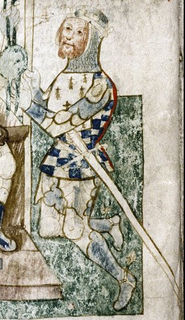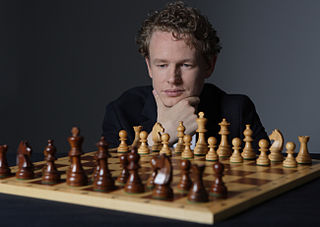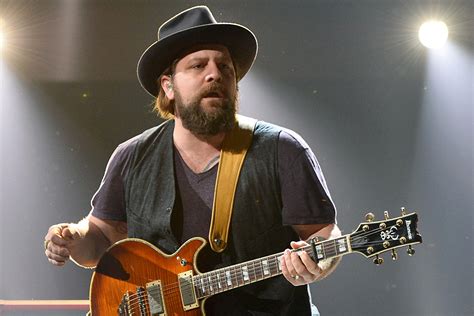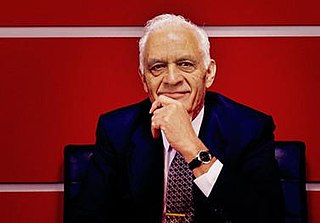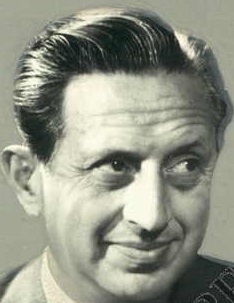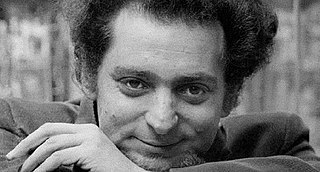A Quote by Alan Rufus
Life is like a game of chess. To win you have to make a move. Knowing which move to make comes with IN-SIGHT and knowledge, and by learning the lessons that are acculated along the way. We become each and every piece within the game called life!
Related Quotes
In chess there can never be a favorite move. I can probably pinpoint in a specific game, there might be a move that was like, "Oh, that was a good move." And maybe certain moves turned the whole game around, but there's not one special move that does that, unless it's checkmate because that's when the game is over.
It feels a little silly to annotate a game in which I didn't make a single move on my own, just following my preparation all the way. [...] A pretty finale. I was obviously hoping for the beauty prize sacrificing both my rooks and all, but OK, Im [sic] afraid requirements are one makes a move of his own for that it seems. Something I could avoid doing in the last five rounds in Dresden. Silly game, this chess.
All experiments that are related to the games when you have humans versus machines in the games - whether it's chess or "Go" or any other game - machines will prevail not because they can solve the game. Chess is mathematically unsolvable. But at the end of the day, the machine doesn't have to solve the game. The machine has to win the game. And to win the game, it just has to make fewer mistakes than humans. Which is not that difficult since humans are humans and vulnerable, and we don't have the same steady hand as the computer.
Who's straight? I'm not. I am bent gouged pinched and tugged at, and squeezed into this funny shape. Each life is a game of chess that went to hell on the seventh move, and now the flukey play is cramped and slow, a dream of constraint and cross-purpose, with each move forced, all pieces pinned and skewered and zugzwanged... But here and there we see these figures who appear to run on the true lines, and they are terrible examples. They're rich, usually.
From this, one can make a deduction which is quite certainly the ultimate truth of jigsaw puzzles: despite appearances, puzzling is not a solitary game: every move the puzzler makes, the puzzlemaker has made before; every piece the puzzler picks up, and picks up again, and studies and strokes, every combination he tries, and tries a second time, every blunder and every insight, each hope and each discouragement have all been designed, calculated, and decided by the other.
